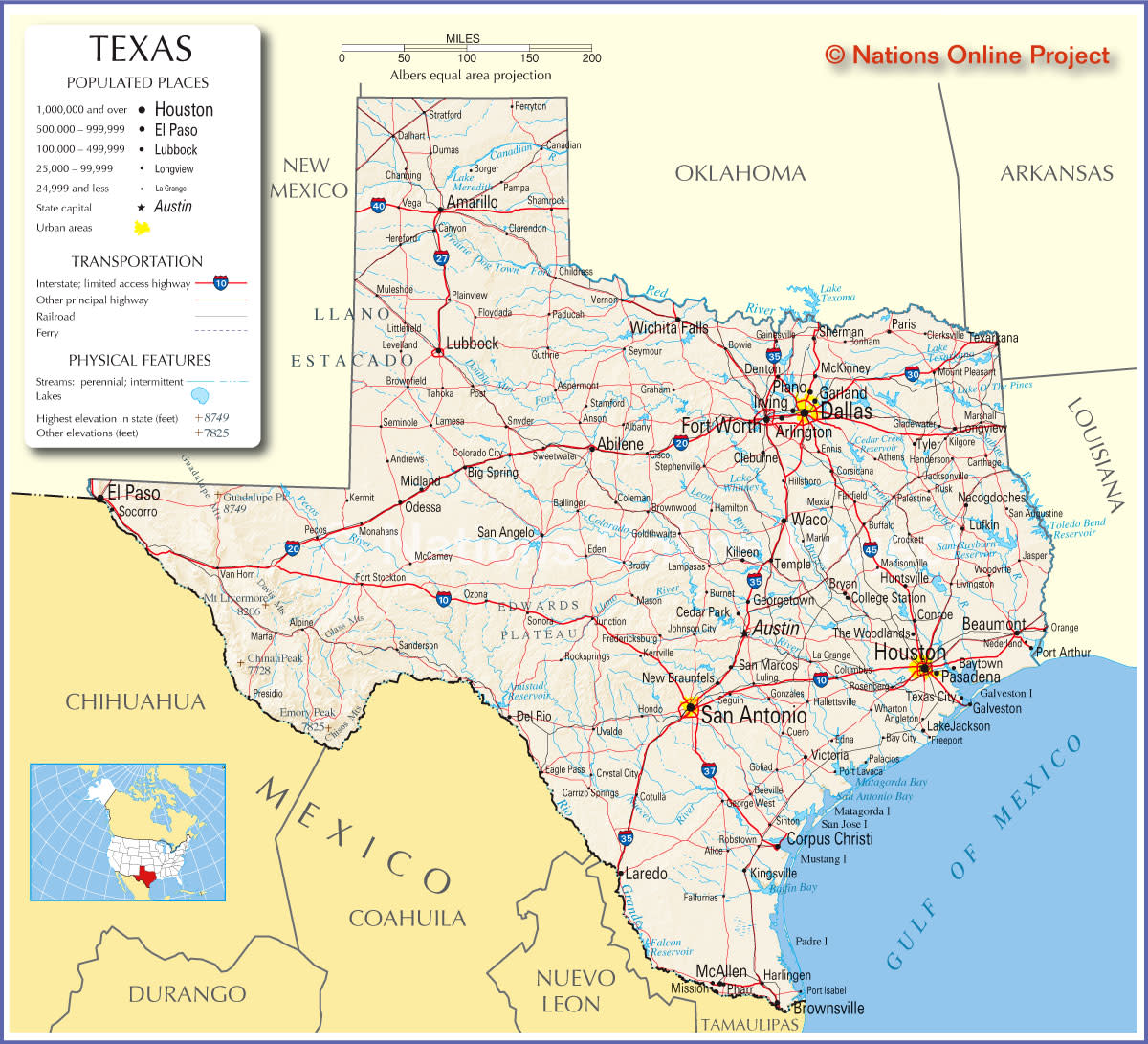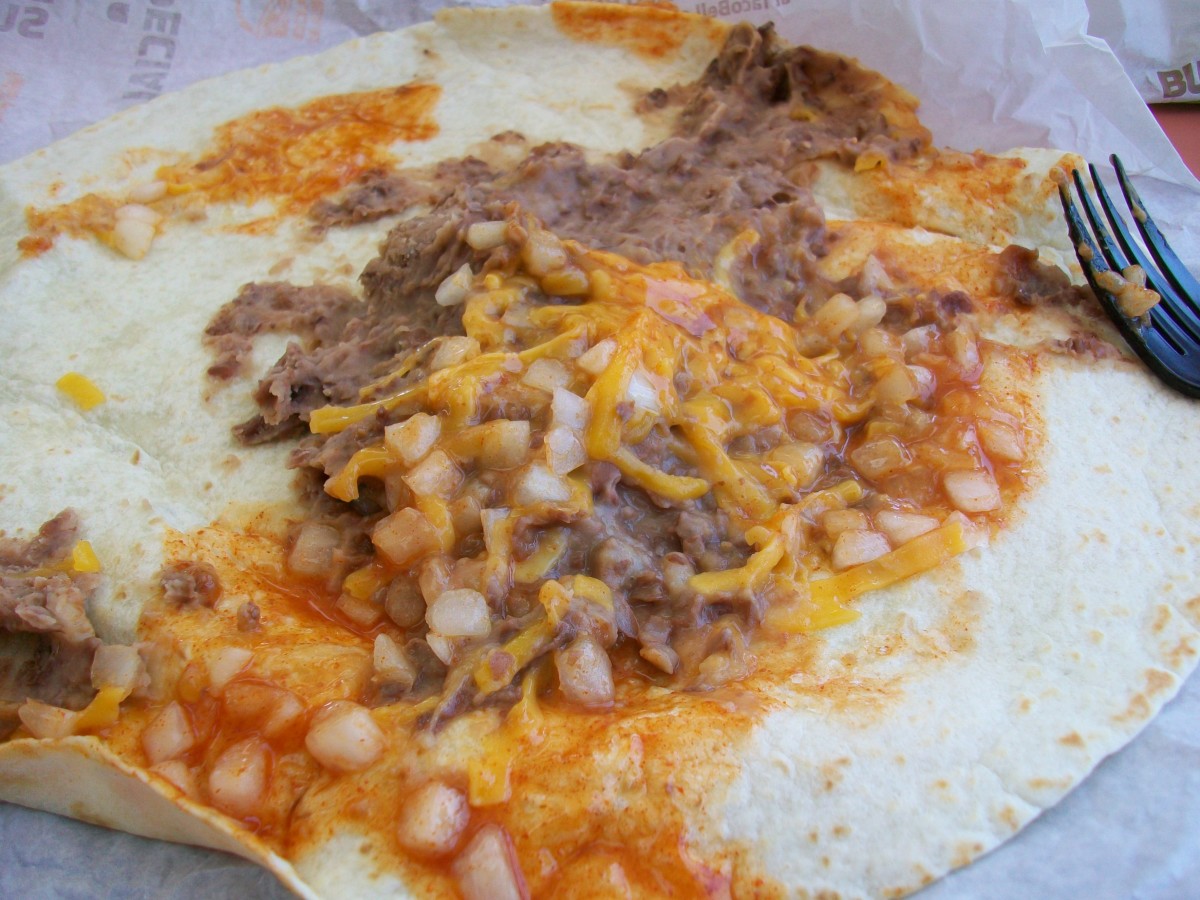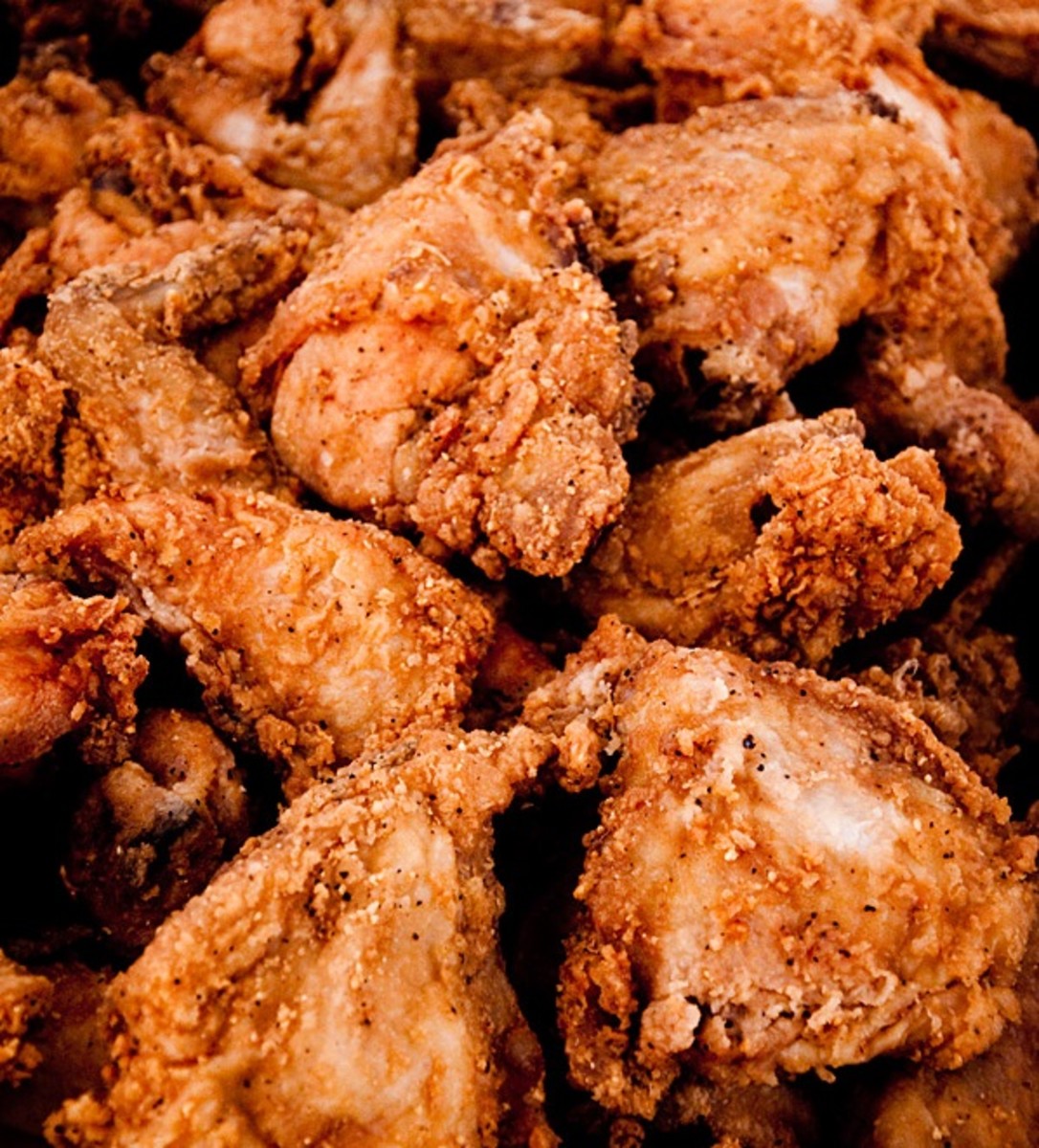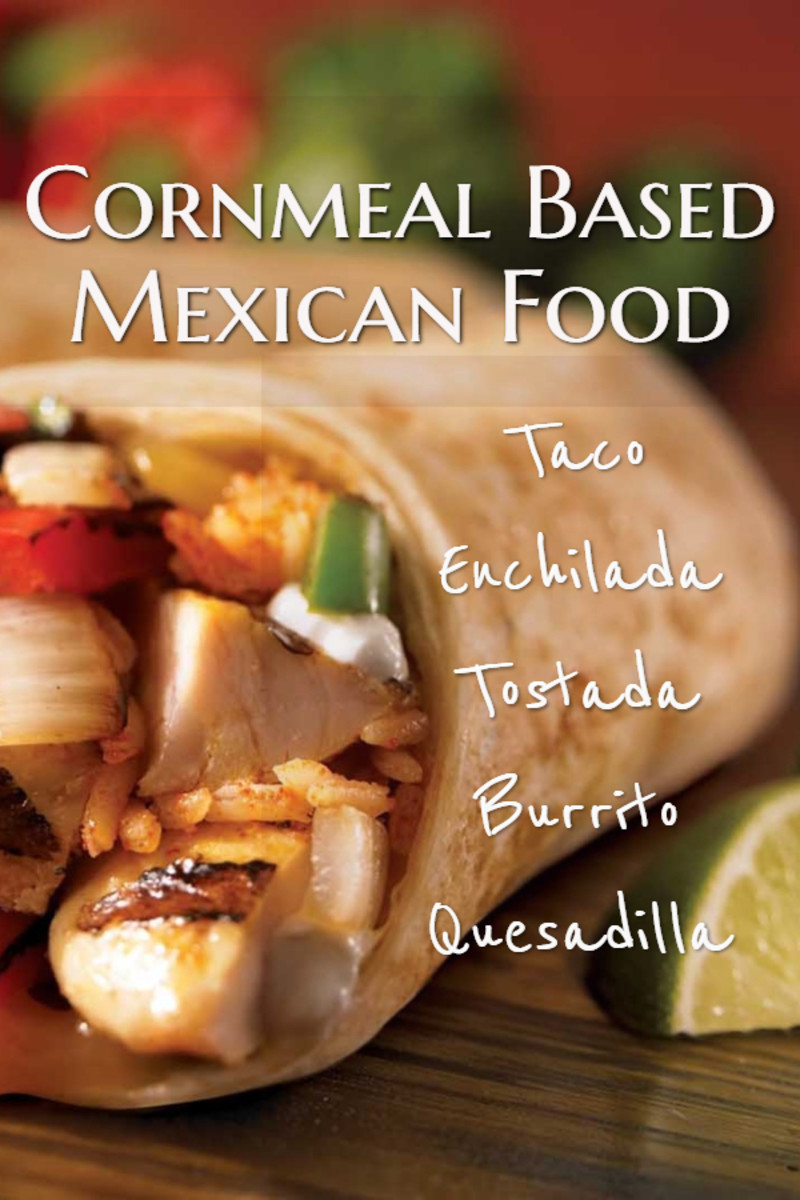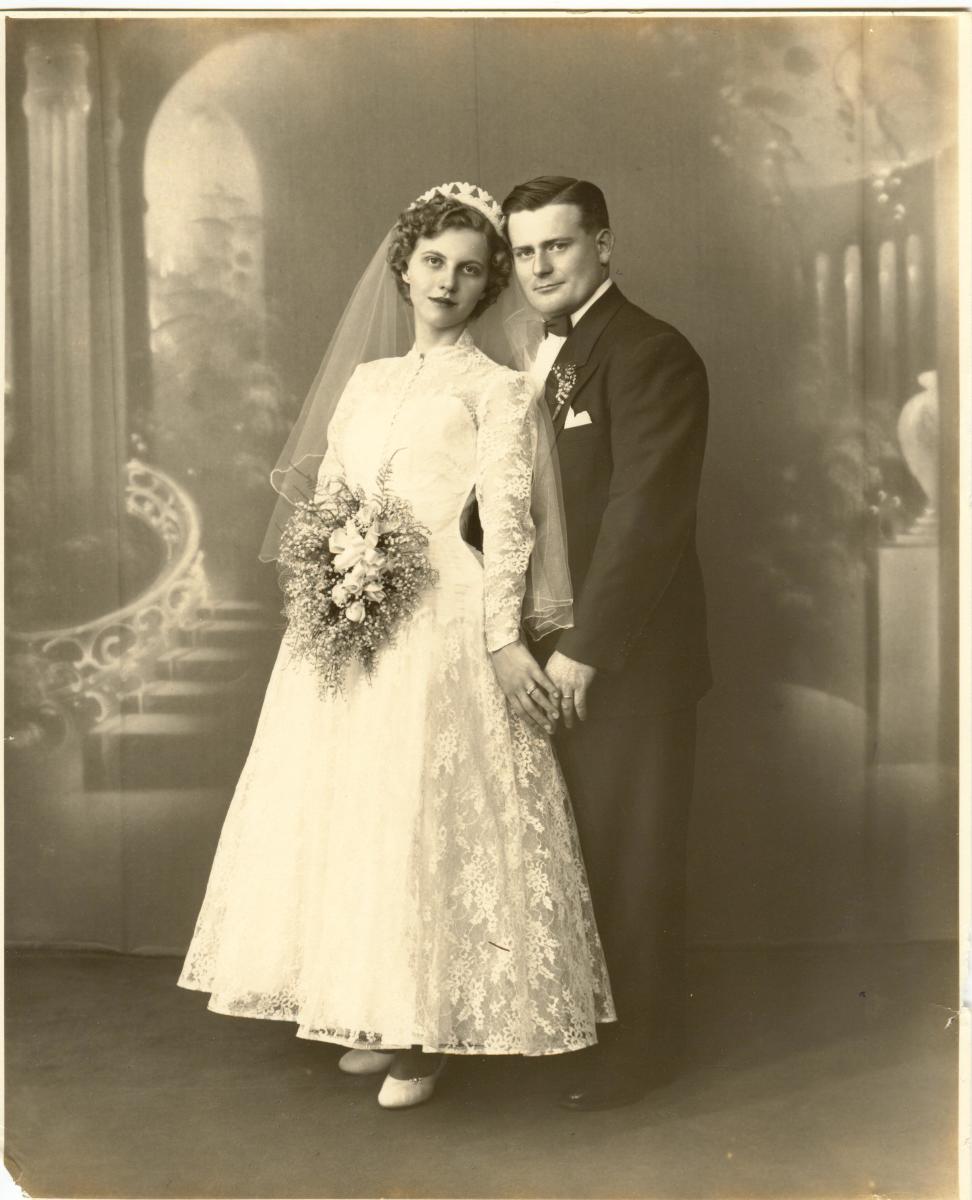National Taco Day and America’s Love of Mexican Food
While relaxing with a cup of coffee and reading the book review section of the weekend Wall Street Journal on a recent Sunday morning I went to the Bing search engine on my cell phone to get some more information on a book I had just read about and saw a notice stating that that day, October 4th, was National Taco Day.
Having made Southern Arizona for much of my adult life, I am very familiar with and enjoy eating tacos - both the hard shell and soft shell, although I prefer the soft shell as they tend to be less messy.
Intrigued, I decided to investigate this holiday further.
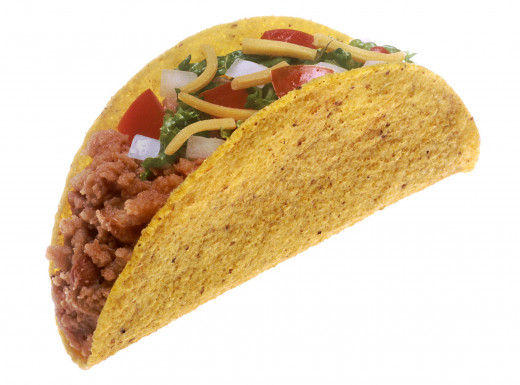
History of Tacos and National Taco Day
With tacos, in all their variations, being well known and popular nowadays in the United States it is not surprising that we have a National Taco Day. However, its origins appear difficult to determine.
Holidays are found in all cultures and throughout history they have been used by religions (as I have pointed out in previous Hubs, the name holiday is derived from the words holy and day), nations or groups of people seeking to remember, honor or celebrate something important to the individual or group that is celebrating the day. Families and close friends celebrate the birthdays of their members while religions and nations celebrate important events from their past.
The origins of most holidays are democratic in the sense that they start out as a day important to a group who begin celebrating it. In some cases the idea spreads and becomes increasingly popular among others who share the same interest - some examples are Butterfly Day which is observed by butterfly lovers on June 19th, Pi Day which is celebrated on March 14 by math geeks and National Vodka Day, which also falls on October 4th and is celebrated by both the makers and consumers of vodka.
Occasionally supporters of a new holiday will succeed in getting it officially recognized by a government or religious entity. Columbus Day, which is celebrated on October 12th, began with a parade in 1792 sponsored by a New York City political organization known as the Columbian Order (the order later morphed into the corrupt New York City political machine known as Tamany Hall). Its popularity slowly increased until almost a century and a half after that first parade President Franklin Roosevelt declared it a national holiday.
A Holiday Started by a Business and its Consumers
Unlike the above mentioned holidays, National Taco Day appears to be a new holiday backed by a combination of taco lovers and taco vendors. A lot of people like tacos and tacos (including taco shells and tortillas) are now a common commercial food product in the United States. While I haven’t found any official proclamations by President Obama or even governors or mayors officially declaring October 4th as National Taco Day, this day is being publicized in traditional media and especially on the web by both those who consume tacos regularly and vendors selling tacos.
As near as I can determine, its origins seem be be both very recent and are due to efforts by a combination of individual and commercial interests. According to a website called National Day Calendar, which lists all kinds of both popular and obscure holidays (such as National Make Your Bed Day which falls on September 11th) National Taco Day was started in 2009. A commenter named Kevin, posted a comment on the site on September 28, 2015 stating that the creators of the holiday were David Smith and Brent Smith.
I located a LinkedIn profile for a David Smith who lists himself as a Franchisee at Taco Bell. As for Brent Smith, all I was able to find were links to some Twitter Tweets and blog posts about tacos by two different taco lovers both named Brent Smith (one seemed to be posting from Asia and the other from Texas). Given this, it would appear that, if what is posted on that site is correct, National Taco Day began as a marketing promotion by the owner of a Taco Bell franchise that was picked up and promoted on the web by a couple of other taco aficionados who happened to share the same first and last name.
While the Holiday is New, Tacos Themselves have Long Been a Popular Food
As to tacos themselves, variations of today’s tacos were being made and consumed by the native populations of Mexico and the American Southwest long before Europeans arrived in the New World. The name taco, however, seems to be more modern, dating to the name given by Mexican silver miners in the 1700s to the paper that they wrapped around gunpowder which they inserted into cracks in the rocks before lighting a fuse that caused the gunpowder to explode and expose veins of silver.
Sometime in the following century the name taco began being applied to the traditional practice of wrapping food in a tortilla and consuming it like a sandwich.
Tourists and Immigrants Introduce Mexican Food to Californians
Beginning about the 1950s Hollywood stars and other upper income Americans began traveling to the Mexican coastal city of Acapulco which was starting to become a resort destination. Seeing an opportunity, local and foreign capital began building resorts in Acapulco that catered to foreign travelers which encouraged more Americans to visit Acapulco.
Since Mexico at that time was underdeveloped in terms the services and amenities that most Americans were accustomed to, most of those who did venture into Mexico tended to restrict themselves to enclaves like Acapulco that catered to foreign tourists.
At the same time, increasing numbers of Mexicans were moving to the U.S. Many of these immigrants from Mexico were families of Mexican workers who had been previously recruited by the United States to work in farms and factories in Western states during World War II where they replaced American workers who had been conscripted for military service. California was one of the states in the forefront of the post World War II economic boom which attracted workers and their families from both other states as well as from neighboring Mexico.
California and other southwestern border states were not only geographically close to northern Mexico but also shared a common heritage with both having been a part of Spain’s former empire in the New World.
As enclaves populated by Mexican immigrants began popping up in cities throughout southern California some of these immigrants began opening taco stands and small restaurants serving traditional Mexican cuisine.
Having met American standards for sanitation, these Mexican restaurants soon found themselves catering to many of their Anglo neighbors as well. Increasing numbers of tourists visiting California in the 1950s who wished to experience a taste of Mexico while not daring to venture into Mexico also began patronizing these little Mexican dining establishments.
California Entrepreneur Glen Bell Launches Taco Bell Restaurant and Introduces Tacos All Americans
In 1962 a thirty-eight year old entrepreneur named Glen Bell opened up the first Taco Bell restaurant in Downey, California.
Glen Bell, following his discharge from the Marines in 1946, started a career as an entrepreneur and business owner at age 23 by opening a hot dog stand in San Bernardino, California. In 1950 he expanded by opening another small hot dog and hamburger stand in a Mexican neighborhood in San Bernardino, California.
Across the street from his new hot dog stand was a Mexican restaurant that was doing a booming business selling hard shell tacos. Seeing the potential, Bell began experimenting and trying to figure out how to make hard taco shells. Success came due to his growing friendship with the owners of the neighboring Mexican restaurant who taught him how to make the taco shells.
By 1952 Glen Bell was ready to switch from selling hot dogs to selling tacos. Selling his hot dog stand and moving to another part of town he opened his own taco stand which targeted Anglo as well as Mexican-American customers. His success with that restaurant led him to begin opening some new taco stands as well as buying some existing taco stands.
Growing Automobile Ownership Encourages Americans to Travel More
The post World War II economic boom coupled with the building of the Interstate Highway system in the 1950s along with growing automobile ownership resulted in American families traveling and dining out more frequently.
Seeing this growth trend and the success of outfits like McDonald’s and Howard Johnson's which used the franchise model to rapidly grow and expand a chain of restaurants, Glen Bell decided to sell his string of individual taco stands and start a new taco restaurant built on the franchise model.
It was 1962 when he opened the restaurant in Downey, California that was mentioned above. Unlike his previous restaurants, each of which was a separate business with its own name, the new restaurant was to be the first of what he wanted to become a national chain like McDonald's.
Glen Bell's Taco Bell Restaurant Introduced Tacos to People in All 50 States
For his new chain Glen Bell chose the name Taco Bell, with the Bell being both his last name and the iconic bell associated with the old Spanish missions that dotted the landscape of Southern California. Within the next few years Bell franchised his Taco Bell restaurants across the nation introducing Americans to the joy of tacos and other Mexican foods.
Thanks in large part to Glen Bell’s efforts, tacos which have been a Mexican staple for millennia, are now as American as pizza.
A Real Hotdog
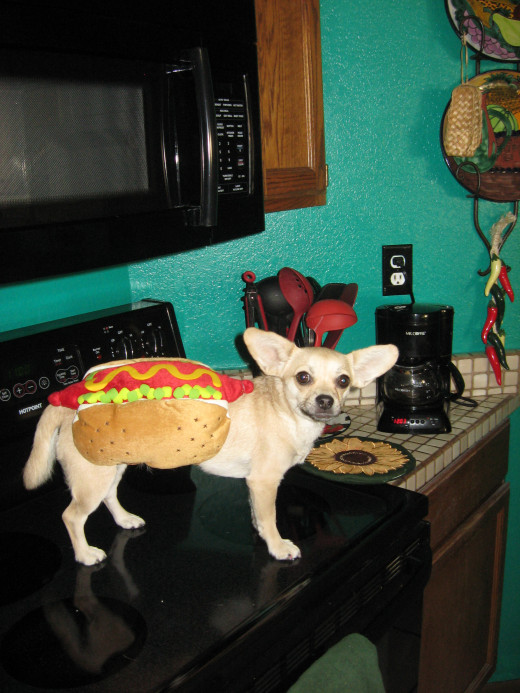
Do you like Tacos?
Do You Like Tacos?
© 2015 Chuck Nugent

